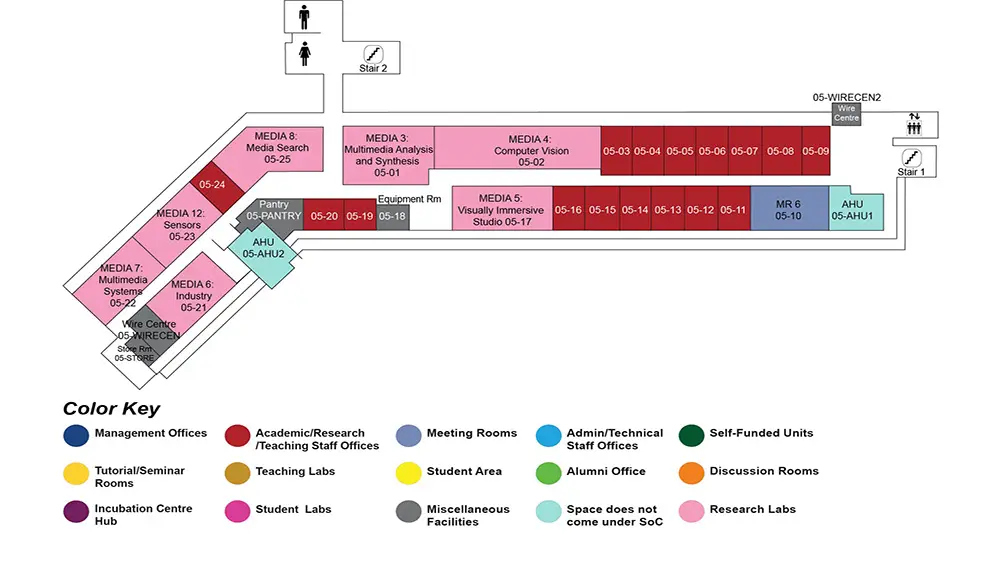Music Computing for Human Health and Potential
AS6 Level 5
MR6, AS6-05-10

Abstract:
Besides being an art form and serving as entertainment, music plays essential roles in many other practical applications, especially those promoting Human Health and Potential (HHP) regarding healthcare, education, relationship and more. Nevertheless, these applications regarding HHP need musicians to compose special music that fits the users' needs. Meanwhile, current studies on music computing primarily focus on the music itself, lacking guidelines to combine music computing with HHP development applications.
In this thesis, we introduce music computing to Human Health and Potential development. The thesis studies the necessities of building music computing applications for HHP and generalizes it to four requirements--domain specific requirements, quality, personalization, and refinement. To fulfill these requirements, we propose a standardized workflow to design, implement and iterate such HHP applications.
From this basis, we work on two specific applications of music computing. The first application MusicRx-C, music generation for gait rehabilitation, belongs to music computing for enhancing human health. This application generates user-preferred music with easy-to-follow time signatures. The music generated is of matched pace with the gait cadence of the patient. The goal of this application is to motivate the patients to receive rehabilitation. The second application AI-lyricist, lyrics generation for language learning, belongs to music computing for promoting human potential. This application achieves the goal of generating lyrics for language learners. Aligned with users' familiar songs, the newly generated lyric can incorporate both learner's mastered and to-be-learned words. Therefore, we can turn language learning into a more enjoyable process through music. Continuing to study, we start to model users' music preferences from their listening histories. We design a contrastive-learning model projecting and distinguishing popular and individual preferred songs in a hyperspace. Incorporated with this model, MusicRx-C can improve its personalization of music generation. On the other hand, we improve the robustness and accuracy of identifying the main melody track of a MIDI file. This improvement allows us to perform a better alignment of lyrics syllables to melody notes. With a better lyrics alignment, the output lyrics from AI-lyricist are more singable and of high quality.
We evaluate our models with a series of objective and subjective experiments. For MusicRx-C, we evaluate our personalization requirement through users' ratings; For AI-lyricist, we evaluate our quality requirement through professional linguists and language teachers' feedback. The experiment results show the effectiveness of these two applications and the potential of music computing in promoting HHP.

